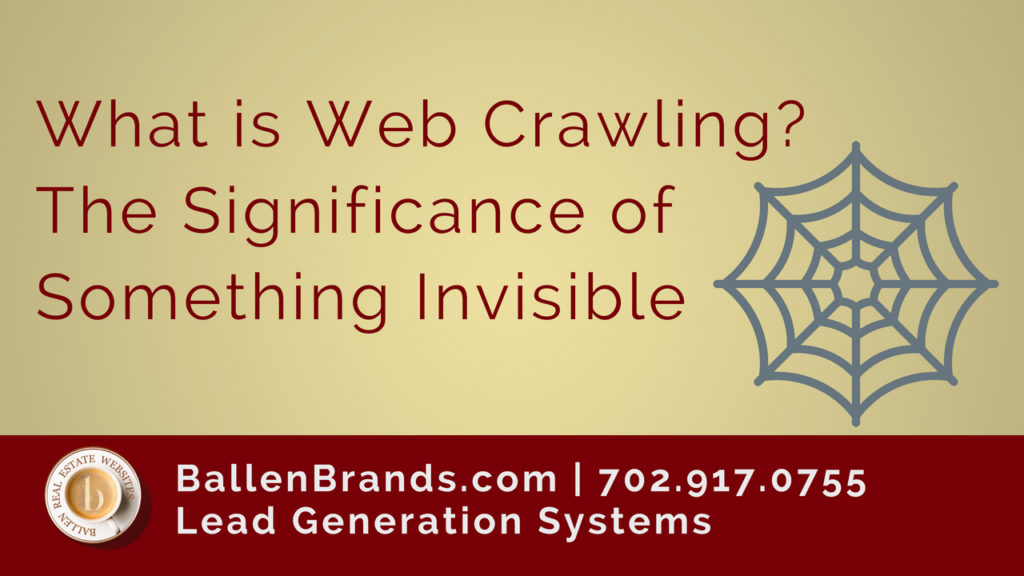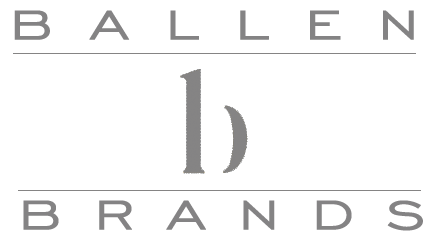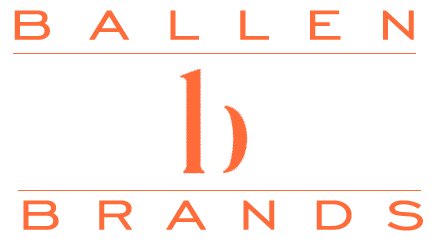Many people have likely heard the term, “web crawling.” But what is it and what does it do from a technical standpoint?
Web crawlers are virtual tools designed to “crawl the web” on a regular basis to find new material to index in the search engines. They are usually designed by the search engines to locate new websites, blogs, and information that will be most relevant to searches. The more relevant the pages are to new or recent searches, the higher the rankings will generally be in the search engines.
Another term for web crawler is “internet bot” or “googlebot” or robot, also known sometimes as “internet spiders.” In the movie, “Minority Report,” Spielberg depicted robotic spider-like beings which marched like armies at night into the houses of citizens to find out everything he could about them and bring back that information to headquarters. This is a fairly accurate representation of how these virtual internet bots do their job on the internet. They “seek out” new information, websites, and key words and try to match up the best information with the most popular searches so that the web will provide more accurate results the next time someone searches.
Schedule A Consultation With Ballen BrandsTHE PROCESS OF WEB CRAWLING (EXPLAINED)
- The web spiders must locate the information so that it can index it and add it to the search engines. It starts by traveling to the most popular pages and high traffic searches.
- Once the “spiderbots” find important pages, it begins indexing and organizing the information into some orderly fashion based on the words and links found in the page. This allows the search engine to get to a person’s searches in a timely manner without having to scour the web for a long time to find it.
- Google built its search engine on an algorithm that allowed it to access multiple pages in a very short period of time (just a few seconds), resulting in the access of around 600 kb of data a second or 100 pages per second. Now that’s fast! And this is what distinguishes Google from the rest. In addition to this, Google also had its own DNS, to keep delays to a minimum and save time in the searches.
- When the search engine locates an active page, it looks at the words themselves as well as where the words are found. Words found in the titles, for example, metatags, heading, or other locations of importance are given more significance than words in the body of the page.
- Once the words are indexed, it compiles the information into some logical order so that it improves the search process the next time someone searches for a specific term. Google indexes every significant word, while other search engines take different approaches. But the goal is the same: to improve the searches and make the web work more efficiently.
- Metatags are of special significance because they tell the search engines that these are the most important tags and words to be referenced. Metatags are given special importance by the spiders.
HOW THIS AFFECTS A WEBSITE
If you have a website, this is important information to know because it may determine how high your site is in the search engines based on a number of factors. One of the most important things you can do as a website owner is to try to keep up with the changes search engines make in the way they index their sites, what they expect in terms of relevance (such as Google’s frequent updates to their algorithms), and how the web crawling is done on a regular basis. Also, work your metatags in such a way that your key words can easily be found and make sure you have also used these in your main page as well. Most of all, have relevance to the searches, so that the next time the spiders go out searching, they’ll be able to find you.
Web crawlers, in essence, can be your best friend or worst enemy, depending upon how good of a job you have done to get our website noticed. Using key words naturally, making regular additional and changes, and focusing on consistency go a long way toward aiding the web crawlers into indexing your site in a way that will help you.
The funny thing is that web crawlers don’t really exist–at least not in the real world. They are a virtual solution for “crawling and scouring the web” to find the best sites for purposes of indexing and rank, but if you own a website, they are important!
Here’s an important suggestion for making sure your site is easily crawled. Avoid deleting pages or posts and changing the actual URL’s or Permalinks (the page structure of which your URL’s are set up in blog posts on WordPress).
Related Posts
- 17 Essential Questions About BREW
- Top 9 Revolutionary Features of Listings to Leads: Transforming Real Estate Marketing for the Digital Age
- 101 Real Estate Blog Ideas: Unique Ideas to Stand Out
- 7 Surprising Things People Didn’t Know that Keap Can Do for Real Estate
- How to Create 30 Social Media Posts in 5 Minutes with ChatGPT and Canva


